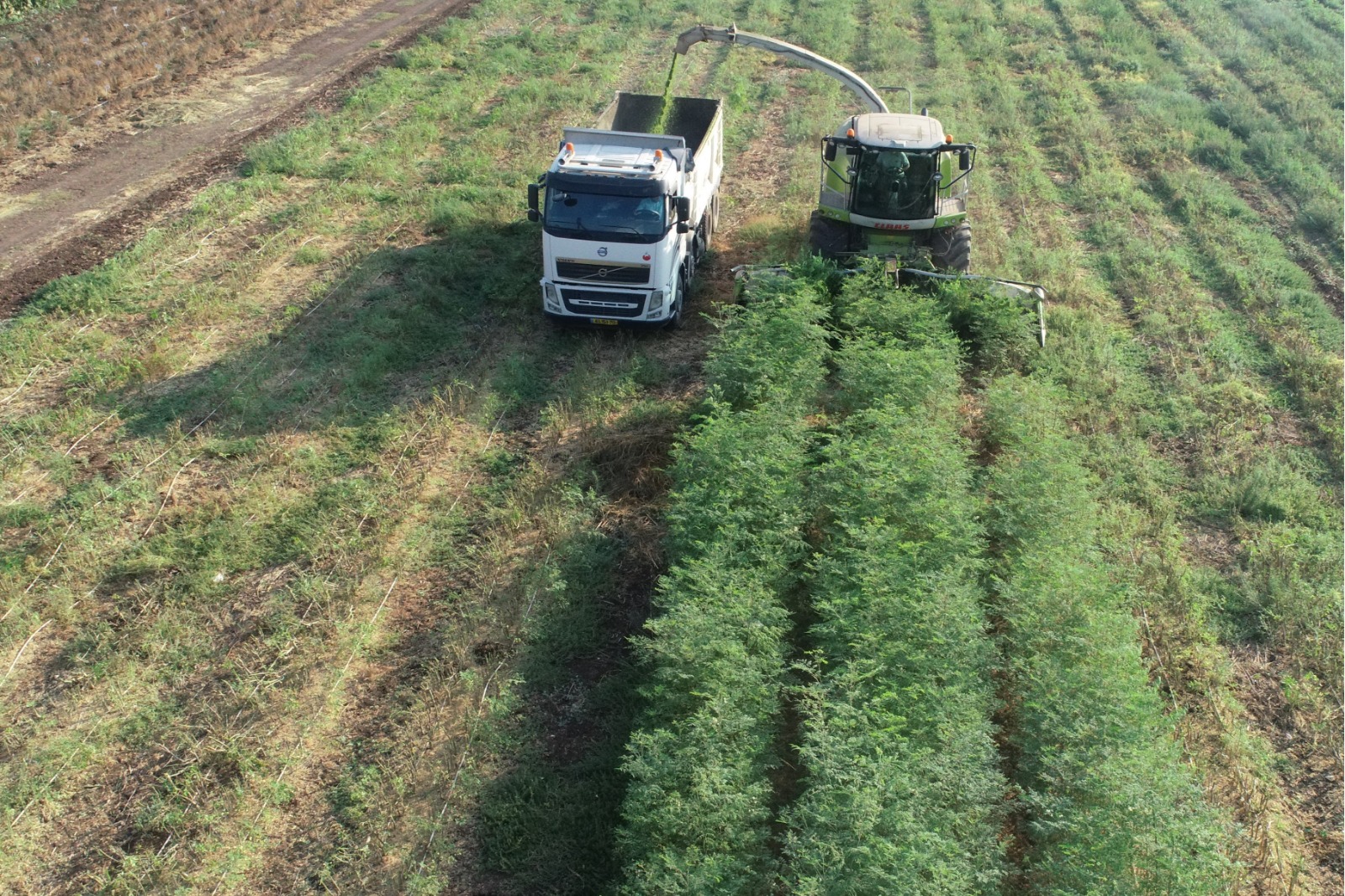- +972-3-9683980
- news@bard-isus.com
Improving Animal Feed
Studying The Use of Moringa Oleifera in Animal Feed
A new study by Dr. Miri Cohen-Zinder, a BARD postdoctoral alumni, Dr. Ariel Shabtay (ARO) and Dr. Ilya Raskin (Rutgers) aims to characterize the nutritional and metabolomic profile of Moringa oleifera, and its effects on production efficiency, product quality and health index characteristics of meat produced by growing lambs and calves.
Improving production efficiency has become a major challenge for the livestock industry worldwide. In the cattle sector alone, extremely high feed expenses account for 70-80% and 65-75% of the variable costs in milk and meat production, respectively. The agricultural community has been looking for new high-quality fodder candidates. The Moringa oleifera plant has recently emerged as an outstanding 'nominee'.
In a series of studies performed recently by the ARO, highly beneficial dietary effects of Moringa silage on ruminants’ feed-efficiency, product quality (milk and meat), and health profile (e.g. increased anti-oxidant capacity and reduced milk somatic cell count) were identified. In parallel, Dr. Raskin at Rutgers University, has reported a strong association between Moringa preparations and mitigation of metabolic dysfunctions, highlighting Moringa isothiocyanates as potential alleviators of these disorders.
Findings from both laboratories suggest that Moringa leaves are a source of the bioactive compounds that affect the redox potential and metabolic activity of the body. Thus, these bioactives may improve metabolic efficiency, and concomitantly improve animals' health, product quality and production efficiency. This joint research will explore, in vivo and in vitro, the underlying basis for the beneficial effect of dietary Moringa on lambs and calves reared for meat production.

